Top 30 Tips For Tent Camping
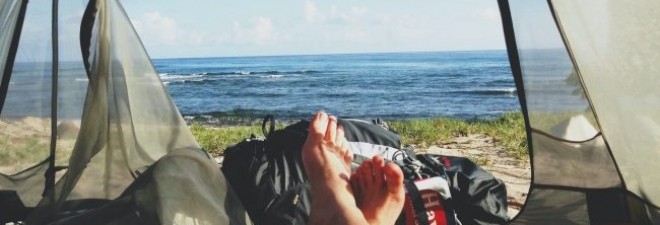
Tent camping is a classic outdoor activity that can be enjoyed by everyone, from seasoned adventurers to first-time campers. Whether you’re planning a weekend getaway or an extended stay, camping in a tent provides a unique opportunity to immerse yourself in nature, unplug from technology, and reconnect with yourself and loved ones.
However, with so many variables to consider, it can be challenging to know where to start. That’s why we’ve compiled the top 30 tips for tent camping, covering everything from gear and equipment to campsite selection and safety. With these tips, you’ll be well on your way to a memorable and enjoyable camping experience.
Follow These Fundamental Tent Camping Tips
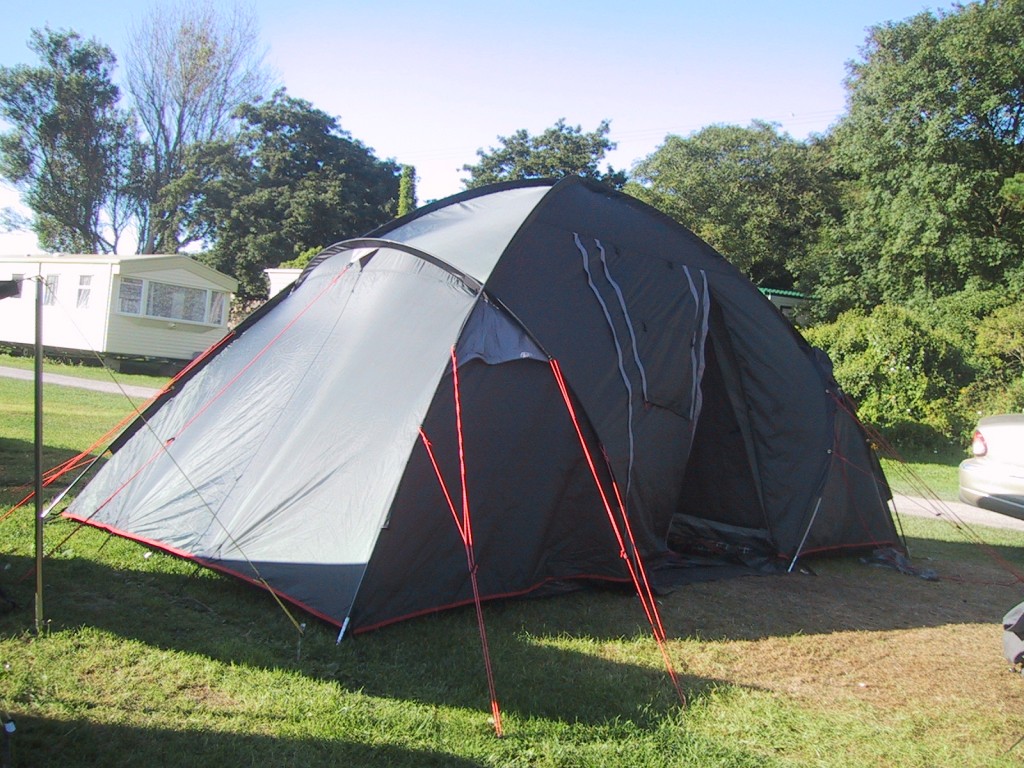
1. Choose the Right Tent Size – Before you head out on your camping trip, make sure you select the right size tent for your needs. A tent that’s too small can leave you cramped and uncomfortable, while a tent that’s too big can be difficult to set up and take down.
2. Practice Setting up Your Tent – It’s important to practice setting up your tent before you go on your camping trip. This will help you identify any potential issues and ensure that you’re able to set up your tent quickly and easily when you arrive at your campsite.
3. Invest in Quality Camping Gear – Durable gear that can withstand the elements and last for multiple trips will save you money in the long run. Lightweight gear is also essential, especially if you plan to backpack or hike to your campsite. It’s important to strike a balance between durability and weight, so choose gear that is sturdy enough to meet your needs but not too heavy to carry.
Additionally, gear that is easy to set up and use can save you time and frustration while camping. For example, a tent with easy-to-follow instructions and a simple setup can help you avoid a stressful and time-consuming experience. Consider your specific needs as a camper and choose gear that fits those needs.
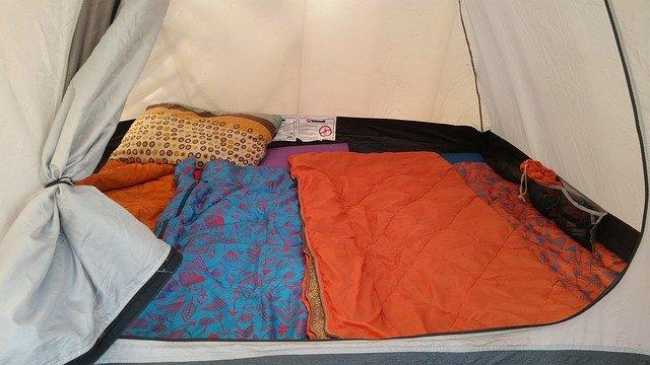
4. Choose the Right Sleeping Bag – A good sleeping bag is essential for a comfortable night’s sleep in the great outdoors. Choose a sleeping bag that’s appropriate for the weather conditions you’ll be camping in, and make sure it’s comfortable and fits you well.
5. Plan Your Meals Ahead of Time – Planning your meals ahead of time can save you time and stress while you’re camping. Make a list of the meals you want to prepare and the ingredients you’ll need, and make sure you have all the necessary cooking equipment. Don’t forget to pack plenty of snacks and drinks to keep you energized throughout the day.
6. Bring a Portable Water Filter – While most campsites have access to water, it’s always a good idea to bring a portable water filter in case of emergencies or if you’re camping in a remote location. This will allow you to filter and purify water from natural sources such as rivers or lakes.
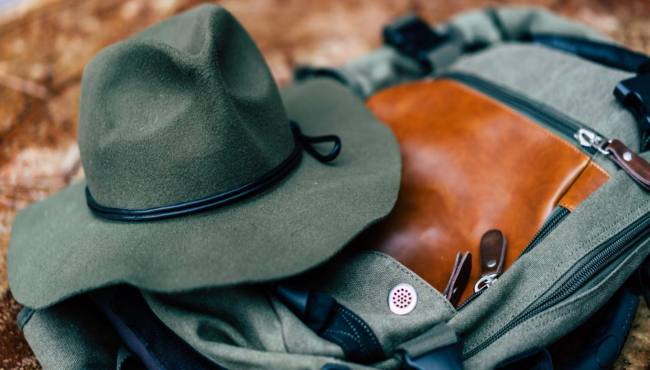
7. Pack Appropriate Clothing – It’s important to pack appropriate clothing for your camping trip. Make sure you bring clothes that are comfortable, weather-appropriate, and suitable for the activities you’ll be doing.
8. Don’t Forget the Essentials – Before you leave for your camping trip, make sure you have all the essential items you’ll need, including a first-aid kit, insect repellent, sunscreen, a map, and a compass.
9. Be Respectful of Nature – When camping, it’s important to be respectful of nature and leave your campsite as you found it. Avoid littering, damaging trees or plants, or disturbing wildlife. Follow the Leave No Trace principles to minimize your impact on the environment.
10. Know the Campsite Rules and Regulations – Before you arrive at your campsite, make sure you’re aware of the rules and regulations. This includes fire restrictions, noise limits, and restrictions on pets or wildlife. By knowing and following the rules, you can help preserve the natural beauty of the area for future generations.
11. Bring a Comfortable Camping Chair – Think about the specific activities you plan to do while camping. If you’ll be doing a lot of hiking or backpacking, a lightweight and compact camping chair is ideal. However, if you plan to spend most of your time at the campsite, you may want a more substantial chair with features like a built-in cooler or cup holder.
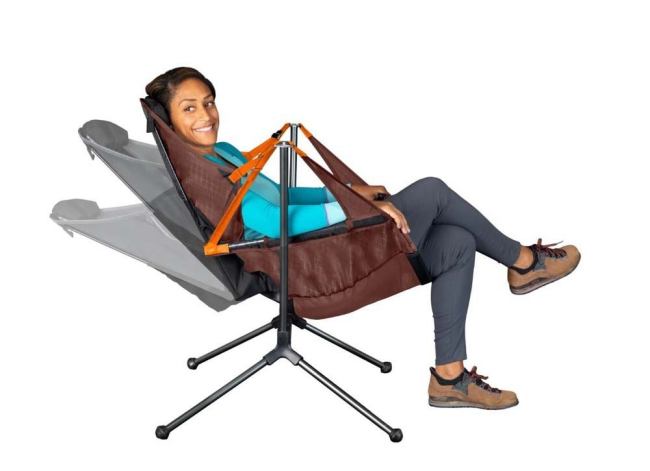
Consider the chair’s weight capacity and durability, as well as the ease of setup and breakdown. Many camping chairs also come with additional features like adjustable legs or reclining positions, so you can find a chair that suits your needs and preferences. With a comfortable and functional camping chair, you can relax and enjoy the beauty of nature in comfort.
12. Use a Groundsheet – When camping, using a groundsheet is a simple but effective way to protect your tent and enhance your overall camping experience. Groundsheets can help prevent moisture from seeping into your tent, which can help keep you and your gear dry. Additionally, they can protect your tent from punctures and abrasions caused by rocks, twigs, or other sharp objects on the ground.
A groundsheet can also make cleaning up after your trip easier by serving as a barrier between your tent and any dirt or debris on the ground. When choosing a groundsheet, make sure it’s the right size for your tent and is made from durable, waterproof material. By using a groundsheet, you can help extend the life of your tent and enjoy a more comfortable and hassle-free camping experience.
13. Keep Your Campsite Organized – Keeping your campsite organized can make it easier to find what you need and minimize the risk of losing items. Use storage containers and keep your gear in designated areas.
14. Bring a Portable Camping Stove – When choosing a portable camping stove, consider factors such as size, weight, and cooking power. A compact stove is ideal for backpacking trips, while a larger stove may be better suited for car camping. Additionally, fuel type can impact both efficiency and convenience. Propane and butane stoves are popular options, but some campers prefer liquid fuel stoves for their versatility in different climates and altitudes. Whatever stove you choose, be sure to follow proper safety guidelines and always use it in a well-ventilated area.
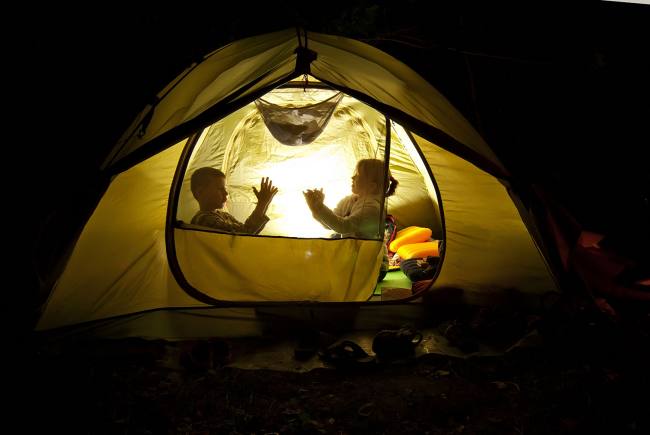
15. Stay Warm at Night – Temperatures can drop significantly at night, even in warmer months. Make sure you have appropriate sleeping gear, including a warm sleeping bag, extra blankets, and warm clothing. You can also use a hot water bottle or hand warmers to help keep you warm.
16. Bring a Headlamp or Flashlight – A headlamp or flashlight is essential for navigating your campsite at night. Make sure you have extra batteries and consider bringing a lantern for additional lighting.
17. Check the Weather Forecast – Before you leave for your camping trip, check the weather forecast to help you pack appropriately and plan your activities. Be prepared for sudden changes in weather and pack accordingly.
18. Practice Fire Safety – If your campsite allows campfires (Note: Broken Head Holiday Park does not), it’s important to practice fire safety. Follow any fire restrictions in the area and never leave a fire unattended. Always keep a bucket of water or a shovel nearby in case of emergencies.
19. Bring a Repair Kit – A well-stocked repair kit can help you quickly address any unexpected equipment failures or damages during your camping trip. Consider including items such as a multi-tool, spare tent poles, replacement zippers, duct tape and patch kits for tents or sleeping pads.
Additionally, don’t forget to pack any necessary adhesives, such as super glue or seam sealer, to help fix tears or leaks. Taking the time to pack a repair kit before your trip can save you from frustrating and potentially dangerous situations while in the great outdoors.
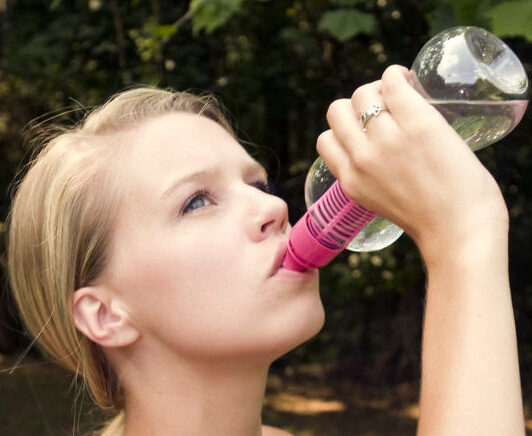
20. Stay Hydrated – Staying hydrated is essential while camping, especially if you’re engaging in physical activity. Make sure you bring plenty of water or a hydration system and refill it regularly. Consider bringing electrolyte tablets or sports drinks to replenish lost nutrients.
21. Bring a Map and Compass – Even if you have a GPS or smartphone, it’s important to bring a map and compass as a backup. These tools can help you navigate if you lose cell service or your electronics fail.
22. Set up Camp Before Dark – Setting up camp before dark can help you avoid potential hazards and make the process easier. Arrive at your campsite with plenty of daylight left and set up your tent and other equipment as soon as possible.
23. Respect Quiet Hours – Most campsites have designated quiet hours to help ensure that everyone can get a good night’s sleep. Be respectful of these hours and keep noise levels down to avoid disturbing other campers.
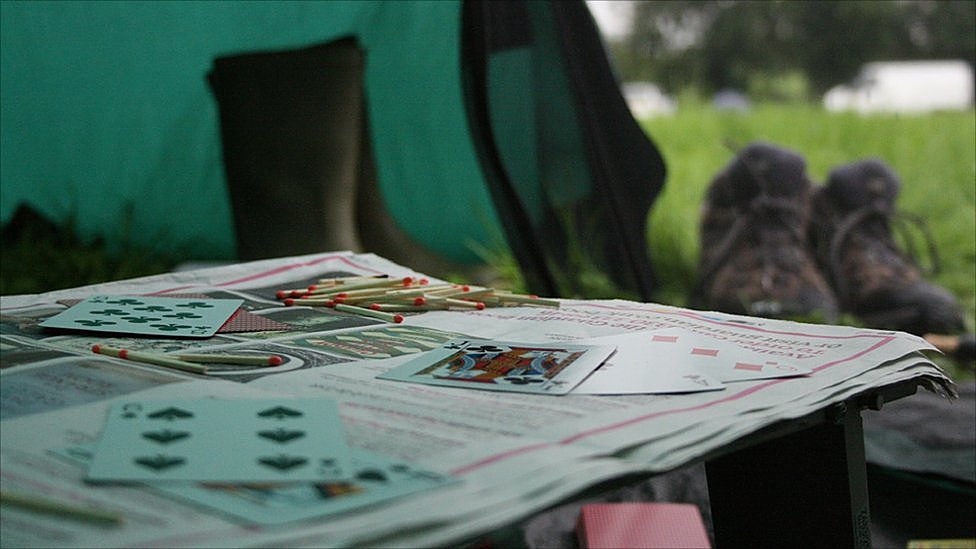
24. Bring Non-Electronic Entertainment – While camping is a great way to unplug and connect with nature, it’s also important to have some entertainment options. Bring books, board games, or a deck of cards to keep you entertained during downtime.
25. Consider Campsite Location – Choosing the right campsite is an important part of planning a successful camping trip. When scouting for a suitable location, consider the natural features of the area and your specific needs as a camper.
Look for a campsite that is close to a water source, like a river or lake, for easy access to drinking water, or a beach for recreational activities. Shade is also important, especially in hot and sunny conditions, so look for a site that offers natural shade from trees or bring your own shade canopy.
Privacy is another factor to consider, as a secluded site can offer a more peaceful and intimate camping experience. Make sure the site is level and free of potential hazards like falling branches or rocks, and check for any rules or regulations specific to the campsite.
26. Pack a Multi-Tool – A multi-tool is a versatile tool that can come in handy for a variety of tasks while camping, such as cutting rope or opening cans. Choose one that’s compact and includes a variety of useful features.
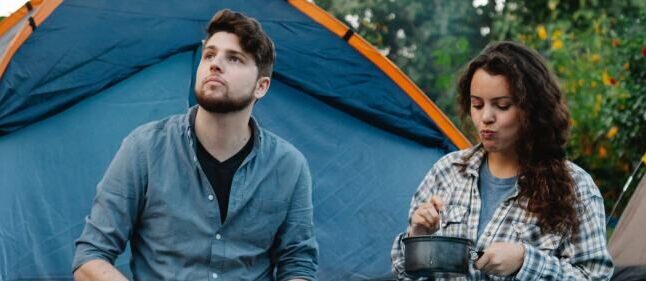
27. Bring Bug Spray and Mosquito Nets – Insects can be a nuisance while camping, so make sure you bring bug spray and mosquito nets to protect yourself. Consider using citronella candles or essential oils to help repel bugs naturally.
28. Learn Basic First Aid Skills – It’s important to know basic first aid skills in case of emergencies. Take a first aid course before your camping trip or refresh your skills if you’ve already taken a course.
29. Bring Extra Tarps – Bringing extra tarps on your camping trip is a smart way to add an extra layer of protection and versatility to your campsite. Tarps can be used to create additional shelter, providing a dry space for cooking, dining, or relaxing in case of rain.
You can also use them to protect your gear, such as bicycles or firewood, from the sun or rain. Additionally, tarps can be used as a makeshift groundsheet, adding an extra layer of protection between your tent and the ground. When choosing tarps, look for lightweight options that can be easily packed and transported.
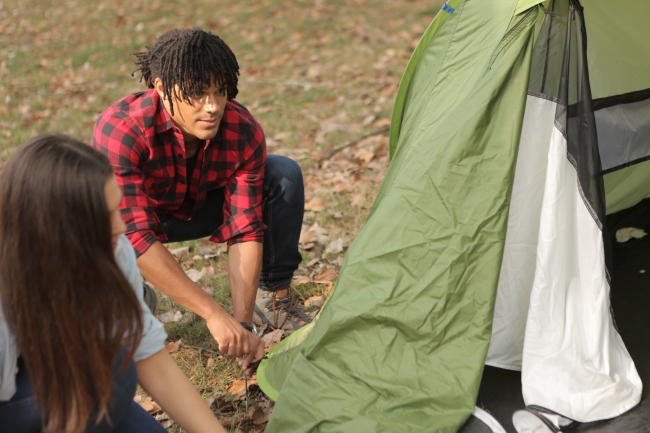
You may also want to consider the size and durability of the tarp, as well as any additional features, such as grommets or tie-downs, that can help you secure it in place. With extra tarps on hand, you’ll be prepared for any weather or camping situation that comes your way.
30. Leave No Trace – The Leave No Trace principles are a set of guidelines designed to help minimize your impact on the environment while camping. Follow these principles by packing out all your trash, disposing of waste properly, and leaving your campsite better than you found it.
Now That You Know
Camping in a tent can be an exciting and memorable experience, but it’s important to be well-prepared and informed before embarking on your adventure. By following these top 30 tips for tent camping, you’ll have a better chance of staying safe, comfortable, and enjoying your time in nature.
Remember to choose the right tent size, practice setting up your tent, invest in quality camping gear, plan your meals ahead of time, and be respectful of nature. With these tips, you’ll be able to create lasting memories and enjoy all that camping at Broken Head Holiday Park has to offer. Book your spot today!








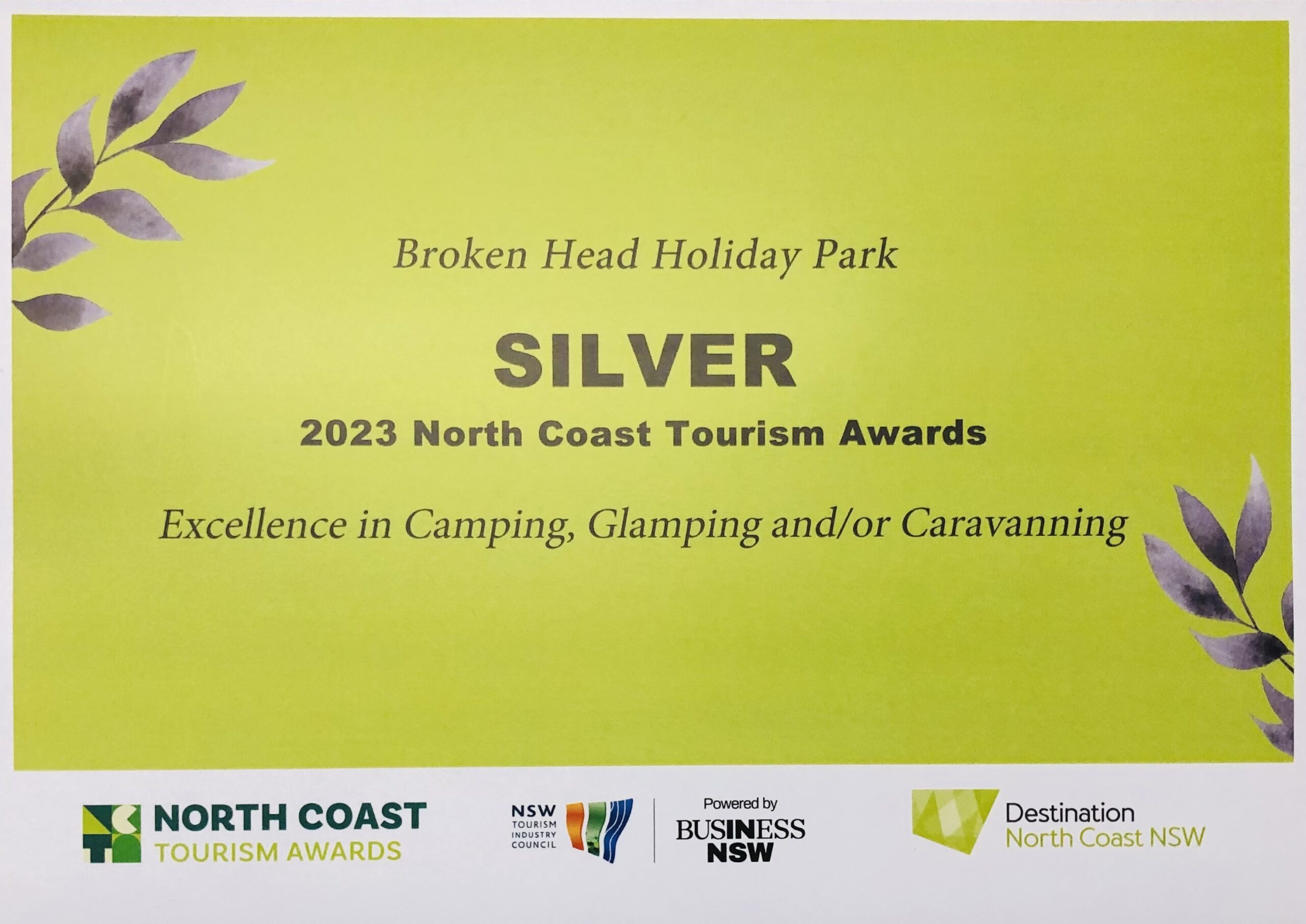
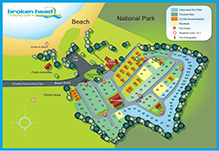

This Post Has 0 Comments